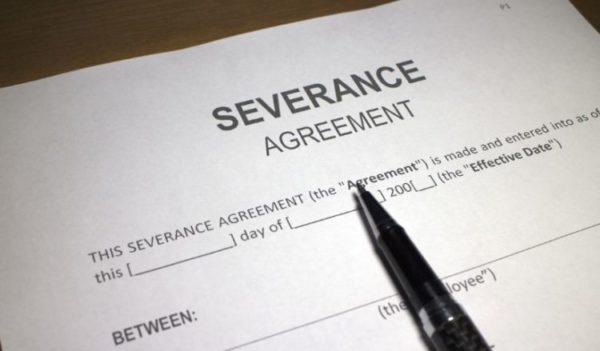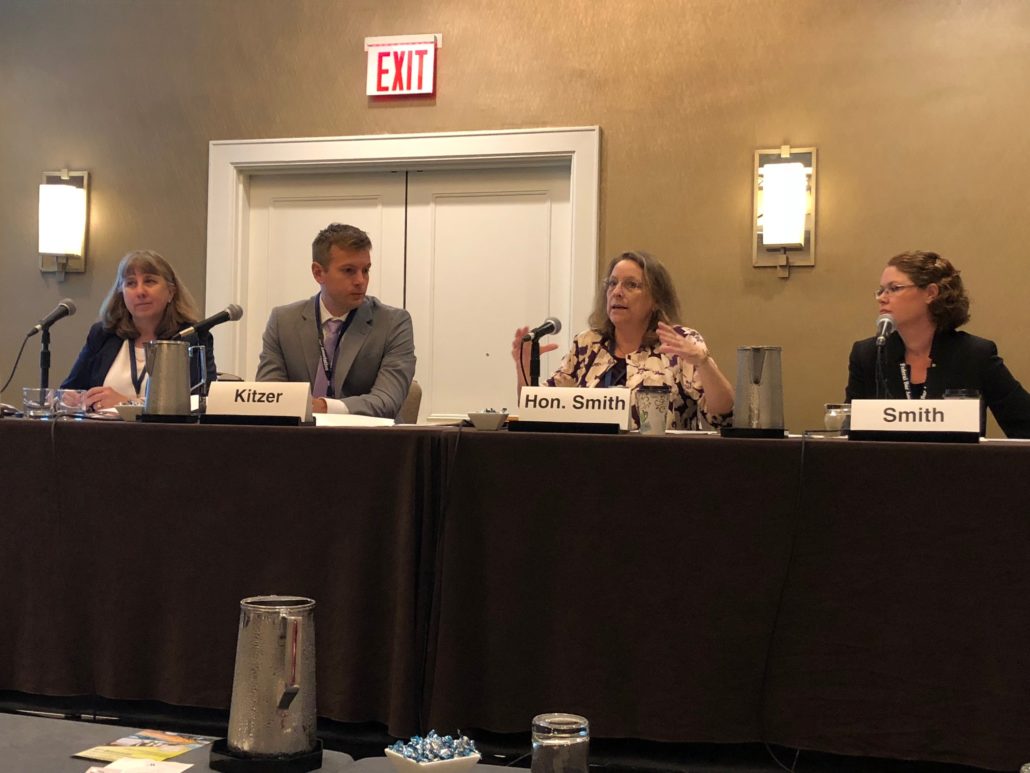I’ve just been Fired, What do I do Now? 10 Steps to Approach Termination
Your boss calls you into a meeting with human resources. Suddenly, you find yourself without a job and without a clue what the next step will be. Situations like this are difficult, but here are some steps to take to make sure you are able to exercise your rights and confidently move toward your next opportunity.
- During the termination meeting, ask why you are being terminated. Listen to anything that is said, particularly regarding your performance, company needs (such as a layoff, reduction-in-force or restructuring), concerns others raised about you, or anything else they have to say. Your employer should be able to articulate the reasons for the decision to terminate your employment.
- Request a written, truthful reason for your termination. According to Minnesota law, an employee who has been involuntarily terminated may request that her or his employer provide a written reason within 10 working days of the request. Stat. § 181.933. However, you must request the reason in writing, and within 15 days of your termination. You should quickly make this written request or talk with an attorney about doing so.
- Request a copy of your personnel record. According to Minnesota law, upon separation from employment, any employee is entitled to a full copy of her or his personnel record, but only if she or he requests a copy in writing. Minn. Stat. § 181.961. Your employer is not allowed to charge you a fee for the personnel record. A copy of your personnel record may include evidence regarding the decision to terminate your employment, so you should request this quickly even if you choose not to hire an attorney.
- Collect any documents that may have any relation to your termination. This includes, for example, performance evaluations, emails, doctor’s notes, notes from managers/customers, or personal notes you may have taken. You must be careful to not take trade secret information or company property, however. Such information is usually defined by documents that you may have signed. If you have questions about what constitutes confidential or proprietary information, you should contact an attorney.
- If possible, ask your coworkers what they think about the reasons you were given for termination. Ask whether they agree with the decision, and what they thought about your performance and/or conduct. It may be helpful to know whether they are aware of anyone who was terminated around the same time and/or for similar reasons. You can also ask whether they were aware of any metrics used in the decision to terminate your employment.
- Contact an employment attorney. If you’ve been terminated, you may have legal rights, but you must contact an attorney as soon as possible to avoid missing important time limitations that could result in you losing any rights you may have.
- Review any contracts or agreements you may have related to your employment. When you started your position, you may have signed one or more forms that you do not recall in detail; this is common. You should review those documents in detail and should most likely have an attorney review them as well to advise you of your rights and options.
- Be careful about what you post on social media. Do not defame or speak negatively about your employer on social media following your termination (or at any time). There is no upside to trashing a former employer. It could make you look bad to future employers, or could be raised in a lawsuit to distract from your strong legal claims.
- Consider filing for unemployment benefits. If you are terminated, you can apply for unemployment benefits to determine whether you are eligible. There is a helpful checklist as well as an online tool to apply for benefits which can be found on the Minnesota Unemployment Insurance website, uimn.org.
- Try to find a new job and keep detailed records of your job search. In order to seek unemployment benefits, you are required to track your job-search efforts. If you bring a wrongful termination lawsuit, your former employer may try to prove that you did not try hard enough to find replacement income, raising a “defense” that you are not entitled to all of your lost income. Overall, you should diligently try to find a new job, and keep a very detailed log of your efforts in doing so.
Being terminated is difficult and personal, we understand that. But rest assured it is not the end of the road. It does not define you as a person and it should not dictate your career path. We are here to help you determine your rights and remedies moving forward. If you have any questions, please contact an experienced employment lawyer today.





